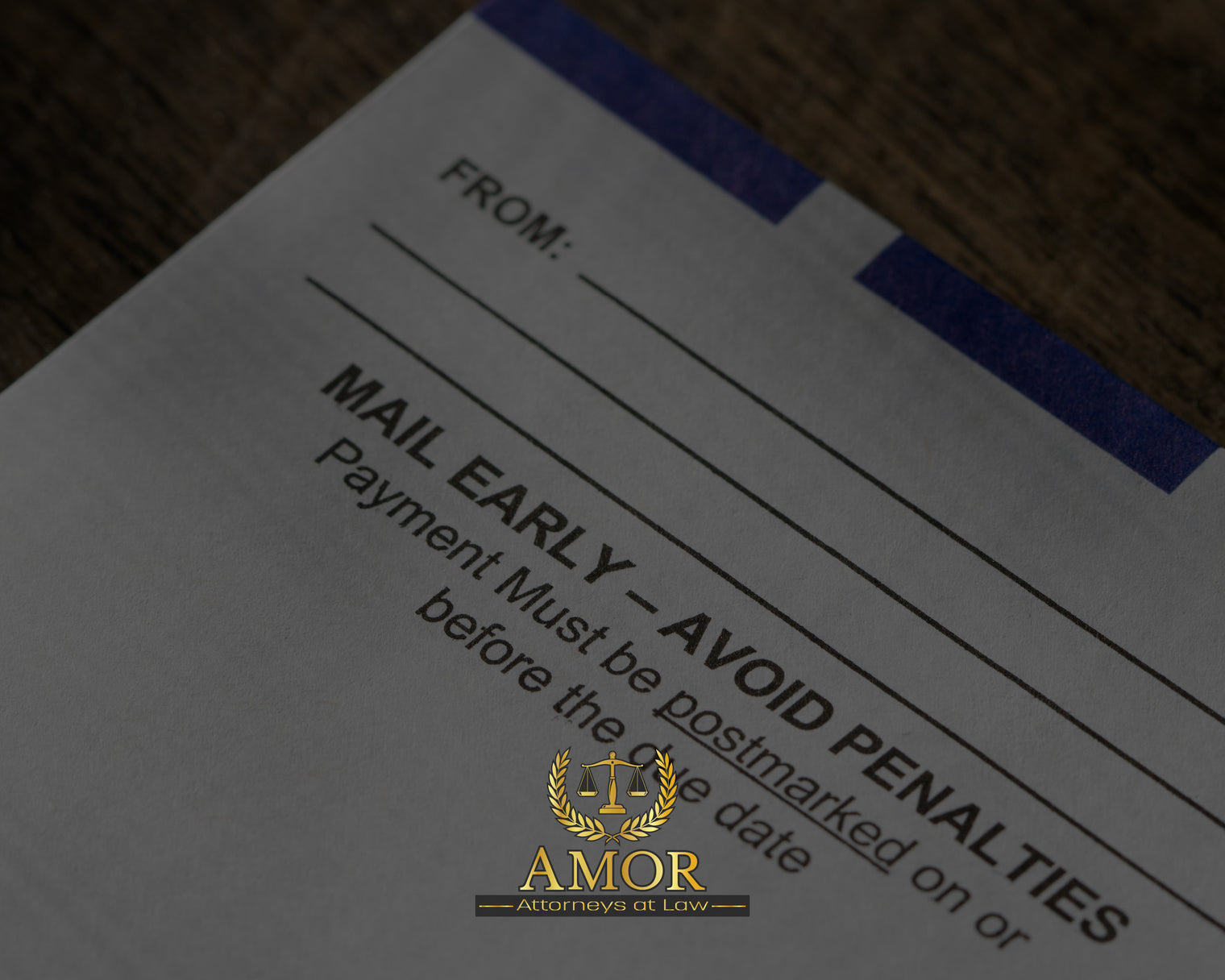Getting a letter from the IRS can be unsettling, but it's essential to stay calm and take action promptly. Here's a simple guide to help you navigate the process:
- Open the Letter Promptly:
Don't ignore the letter or put it aside. Open it as soon as possible to understand the reason for the communication.
- Read Carefully:
Take your time to read the letter thoroughly. The IRS will typically explain why they're contacting you and what action, if any, you need to take.
- Understand the Issue:
The letter may address various issues, such as a discrepancy in your tax return, a request for additional information, or notification of an audit. Understanding the problem is crucial to determining the next steps.
- Gather Documents:
If the IRS is requesting additional information or documentation, gather all relevant records, such as receipts, invoices, and financial statements. Having this information ready will make the process smoother.
- Respond Within the Deadline:
The letter will specify a deadline for your response. It's essential to adhere to this deadline to avoid further complications. If you need more time, you can request an extension in writing.
- Seek Professional Advice:
If you're unsure how to proceed or if the issue is complex, consider consulting a tax professional or a tax lawyer. They can provide guidance and represent your interests before the IRS.
- Respond Promptly:
Craft a clear and concise response to the IRS letter. Address all the points raised in the letter and provide any requested information or documentation. Keep copies of all correspondence for your records.
- Follow Up:
After submitting your response, follow up with the IRS if necessary. You can call the phone number provided in the letter or use the IRS's online tools to check the status of your case.
- Stay Organized:
Keep all documents related to the IRS letter organized and easily accessible. This includes copies of your tax returns, correspondence with the IRS, and any supporting documents.
- Stay Informed:
Stay informed about your rights and responsibilities as a taxpayer. The IRS website and publications provide valuable information to help you navigate tax-related issues.
Conclusion:
Remember, receiving a letter from the IRS doesn't necessarily mean you've done something wrong. It's essential to address the issue promptly and accurately to resolve it efficiently. By following these steps and seeking professional assistance if needed, you can effectively respond to a tax letter from the IRS.
Disclaimer:
The contents of this blog do not constitute legal advice. Always contact your attorney for legal matters.






